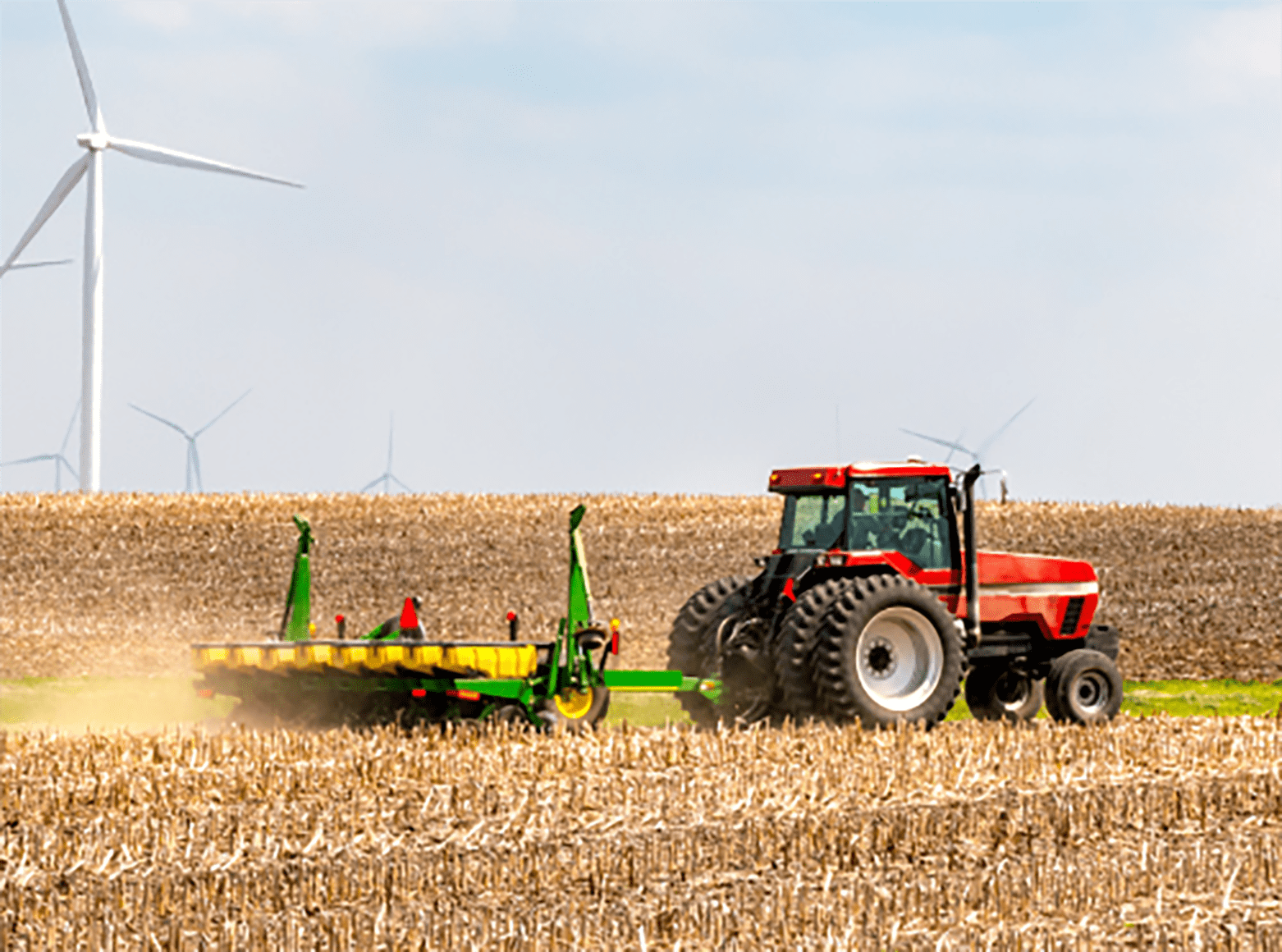When one thinks of America’s farmland, the vision of an American farmer and his family tending to their crops in the heart of the United States’ Midwest and Great Plains comes to mind. While this might have once been the norm, it is anything but these days.
According to a February 2020 study conducted by the United States Department of Agriculture, in 2019, the United States had just over 897 million acres devoted to farming. This may seem like a lot, but the number of acres of farmland decreased by 2.1 million acres in just one year’s time.
The farmers most people think of are growing older and their children or other family members do not wish to continue in their footsteps. This has led to farms being put into corporate trusts and the land rented out or sold outright. The same study showed that the number of farms decreased by 5,800 over the same year’s time.
Who is purchasing the land once the traditional farmers sell? American farmland is a highly sought after commodity with corporate giants and investors rapidly snatching up the acreage for sale. It’s not just domestic corporations buying up agricultural land across the country, foreign corporations and even governments are paying top dollar for the nation’s food-producing acres.
The North Gwinnett Voice asked local residents, “Would you be concerned if foreign companies or governments controlled America’s farmland thus our food supply?” in a recent poll on Facebook. The findings of the poll show that 92.3 percent of those who answered the poll said they would be concerned about foreign control of American farmland, while only 7.7 percent were not concerned.
The amount of American farmland owned by foreign corporations or governments was nearly 30 million acres, according to a May 27, 2019, article published by NPR. To put that into context, that amount of land would be roughly the size of Pennsylvania or Mississippi.
While Canada currently holds the most farmland by a foreign government, China is aggressively buying up American farmland. China’s 2013 purchase of the world’s largest pork producer, Smithfield Foods, raised red flags with many. WH Group, a Chinese corporation, purchased Smithfield Foods for nearly $5 billion, the largest Chinese acquisition of an American company to date.
The acquisition of Smithfield Foods put 146,000 acres of American farmland into Chinese hands, making China one of the largest overseas owners of farmland in the United States. Smithfield Foods puts out a variety of pork products sold under familiar brands like Cook’s, Eckrich, Gwaltney, John Morrell, Krakus and Smithfield.
Restrictions regarding foreign entities purchasing American farmland vary state to state with only six states having laws banning foreign ownership of farmland. Those states are Hawaii, Iowa, Minnesota, Mississippi, North Dakota and Oklahoma. Maine and Texas have the most foreign-owned farmland in the nation.
The ramifications of the ever-increasing foreign-controlled American farmland could be massive. Having potentially hostile foreign entities with land in America’s heartland poses a major security threat. They could host spies, introduce diseases that could wipe out crops and livestock and have a foothold to launch attacks. They could control America’s food supply chain and could potentially impact the quantity, quality and price of food products.
Perhaps the most immediate threats are to local communities. These foreign investors often buy these farms well above market value thus driving up the land prices so the average American cannot afford to compete to buy land of their own. Foreign investors do not put back into the local communities in which they own their farmlands. The land is used to profit entities in distant lands and the wealth derived from the land is no longer being put back into American communities.
While it might be impossible to stop all foreign investment, it is possible to encourage state lawmakers to tighten their restrictions on foreign entities purchasing land within the state of Georgia.
If you are interested in finding your local state lawmakers, you can find them by going to https://www.legis.ga.gov/find-my-legislator.
Here are a few key local lawmakers if you know your district.
State Senate:
Senator Nikki Merritt, 9th District, nikki.merritt@senate.ga.gov
Senator Clint Dixon, 45th District, clint.dixon@senate.ga.gov
Senator Butch Miller, 49th District, butch.miller@senate.ga.gov
Lower House Representatives:
Representative Emory Dunahoo, 30th District, emory.dunahoo@house.ga.gov
Representative David Clark, 98th District, david.clark@house.ga.gov
Representative Bonnie Rich, 97th District, bonnie.rich@house.ga.gov
Representative Gregg Kinnard, 102nd District, gregg.kennard@house.ga.gov
Representative Timothy Barr, 103rd District, timothy.barr@house.ga.gov
Representative Chuck Efstration, 104th District, chuck.efstration@house.ga.gov
— Alicia Couch Payne




